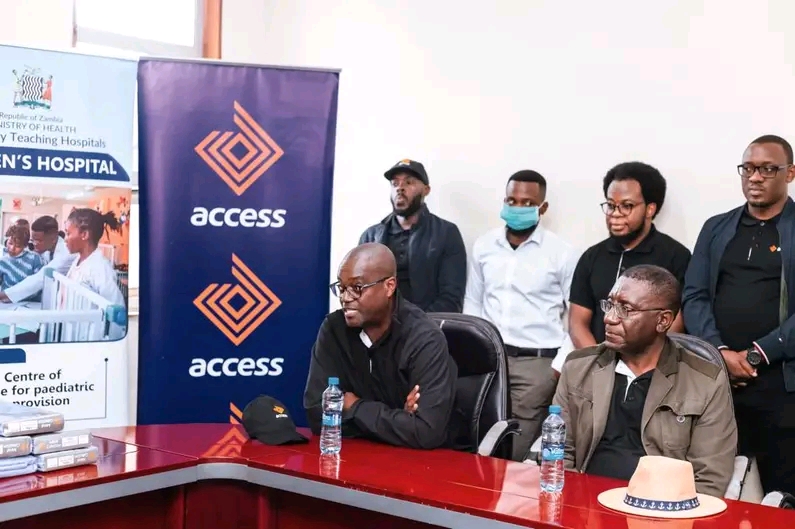Zambia to Introduce Twice-Yearly Injectable ARVs in 2026

Zambia is set to make a major breakthrough in HIV treatment with the introduction of a long-acting injectable antiretroviral therapy (ARV) that will only require two doses per year.
The Ministry of Health has confirmed that preparations are already underway, with the first rollout expected as early as January 2026. This innovation is designed to ease the burden of daily pill-taking for people living with HIV, while at the same time improving adherence, treatment outcomes, and quality of life.
According to Dr. Chimuka Phiri, the Ministry’s HIV Prevention Lead, the initial phase will prioritize specific groups of patients—particularly those who currently rely on multiple daily tablets and face challenges with strict medication schedules.
Dr. Phiri explained that the new injectable will not only reduce the inconvenience of daily medication but will also provide greater privacy and discretion, especially for people who may face stigma in their communities. “Many patients find it difficult to take medication every single day. A twice-yearly injection will help them manage their treatment in a simpler, more discreet way,” he said.
This development builds on Zambia’s progress in expanding access to modern HIV prevention and treatment technologies. The government has already rolled out Cabotegravir, an injectable pre-exposure prophylaxis (PrEP) administered every two months, which is aimed at people who are HIV-negative but at high risk of infection.
The Ministry of Health has emphasized that the twice-yearly ARV is part of its broader strategy to diversify HIV care options, strengthen adherence support, and move closer to achieving UNAIDS targets of ending AIDS as a public health threat by 2030.
Health experts believe that once successfully rolled out, this therapy could significantly reduce treatment fatigue, enhance confidentiality, and ultimately improve the well-being of thousands of Zambians living with HIV.





